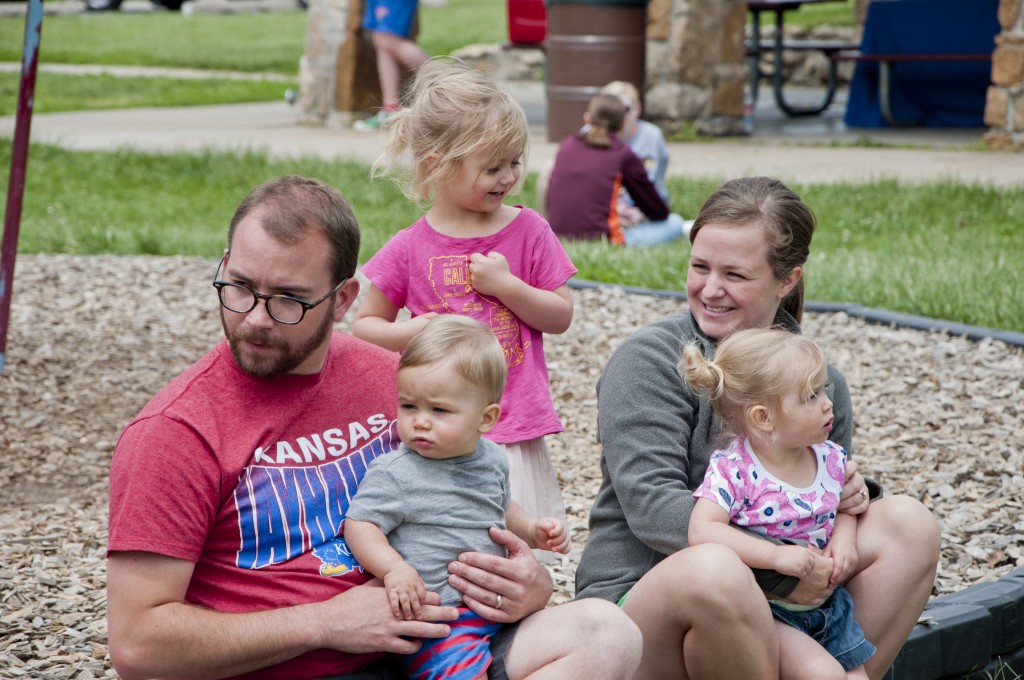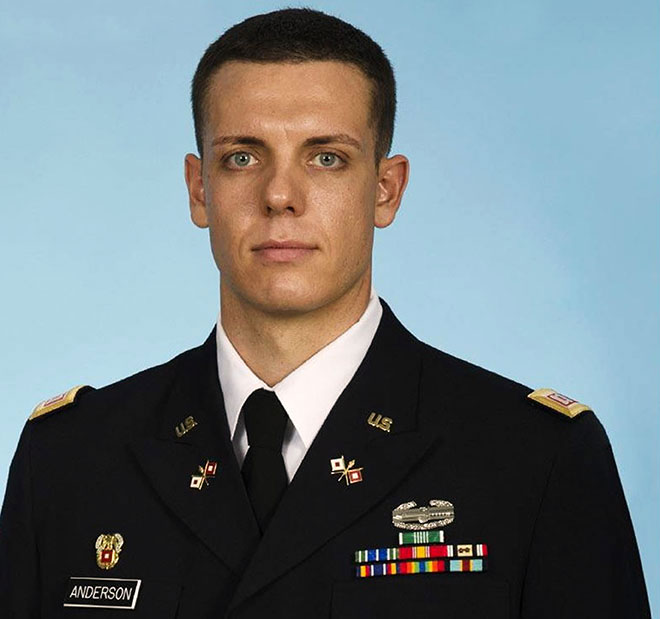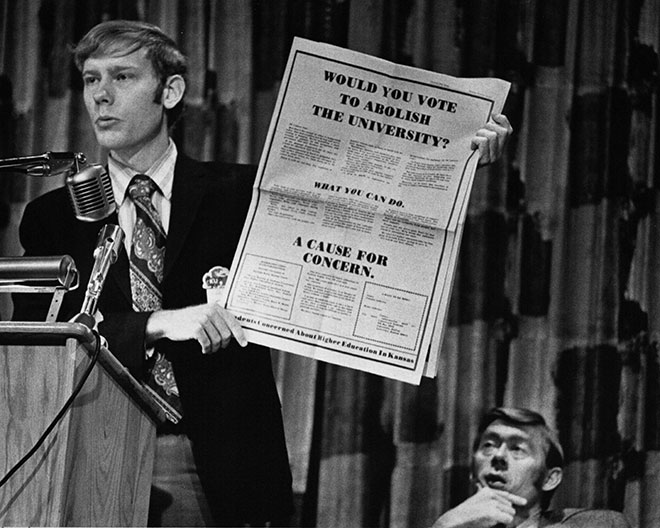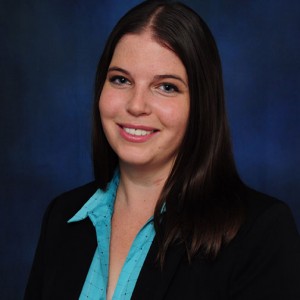Bryce Langford, L’16

The Langford family gathered at Broken Arrow park for Fun Day, a KU Law tradition resurrected in 2013.
For Bryce Langford, pursuing a law degree meant giving up the family business.
“I worked as a pastor for eight years,” Langford said. “My wife’s parents and my parents and grandparents were pastors. For us as third-generation pastors, it was kind of the family business.”
Langford wasn’t unhappy as a pastor, but he sought something different. Through his ministry, he worked with immigrants and refugees, witnessing firsthand the life-changing work that lawyers do for those escaping hardship and instability.
“I saw how lawyers were able to help these amazing people get legal residency in the U.S.,” Langford said. “This is one of the reasons I moved from being a pastor to an attorney.”
Together, Langford and his wife left their jobs at a church, said goodbye to family and friends in Texas, and moved with their three children to Lawrence to embark on a new career path. The early days brought much adjustment, as Langford struggled to balance family time with the demands of school. He persevered by remembering that he was pursuing his degree for his family, not for a particular rank or GPA. He also embraced new friends and a strong community at KU Law.
Langford’s most memorable law school experience was serving as editor-in-chief of the Kansas Law Review. “It has been the most challenging but fun experience I’ve had at Green Hall,” he said. “I’m very grateful for the friendships I have gained through the Law Review.”
Langford will work as a litigation associate for the Kansas City law firm of Stinson Leonard Street after graduation. “The firm does a lot of pro bono work with refugees and immigrants, and I will get the opportunity to work with these clients,” he said. “I am very excited about that.”
Though he’s pursuing a different career path now, Langford feels that his background in ministry helped prepare him for law school. “I think it helped me get along with people,” he said. “Law school can be competitive. I tried to be kind to everyone. I didn’t always succeed, and I made many mistakes. But I hope that being a former pastor made me kinder and more empathetic to my classmates.”
— This post is the second in a series profiling a select few among the many outstanding members of the KU Law Class of 2016. Read Grecia Perez and Jacque Patton’s profile.



 I have never felt so nervous than I did when I left the MLP orientation. And I have never felt so confident and excited about pursing a legal career than I did on my last day at the MLP.
I have never felt so nervous than I did when I left the MLP orientation. And I have never felt so confident and excited about pursing a legal career than I did on my last day at the MLP.